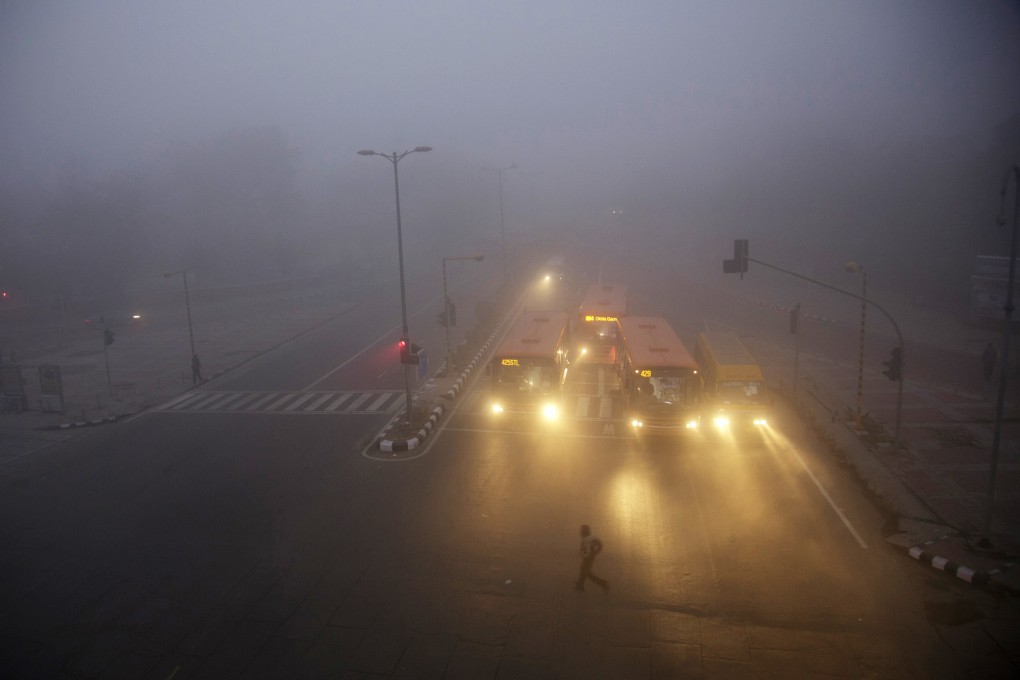Vulnerability to climate change must persuade Asia to act fast
Nessim Ahmad and Kaveh Zahedi say developing Asia must play a key role in moderating the trend of global warming and learning to adapt to it

In April, two records were broken or equalled with little fanfare: the concentration of carbon dioxide in the atmosphere, the main driver of climate change, was above 400 parts per million throughout the northern hemisphere for an entire month for the first time in recorded history, and it was the joint hottest April on record, tying with 2010.
These milestones provide further evidence that human-induced climate change is happening and accelerating.
The March report of the Intergovernmental Panel on Climate Change noted that global warming will hit Asia the hardest, with flooding, famine and rising sea levels putting hundreds of millions at risk. With Asia accounting for a growing share of greenhouse gas emissions, it is clear that the global battle against climate change may be won or lost in the region. This is why the region's leaders need to act fast.
The people of Asia and the Pacific don't need to look at the record books or read a report to know something profound is happening. The region has accounted for 91 per cent of the world's total deaths and 49 per cent of the world's total damage due to natural disasters in the past century. Most at risk are poor people living in the low-lying river deltas of Bangladesh, India, Vietnam and China, as well as the small island states of the Pacific and Indian Ocean.
The economic costs are immense. In 2011, weather disasters cost the region US$1 billion in damages.
Moreover, the production of rice, corn and wheat has declined in many parts of Asia over the past few decades due to increasing water stress, arising mainly from rising temperatures, the increasing frequency of El Nino events and a reduction in the number of rainy days. Air pollution will further affect food production.